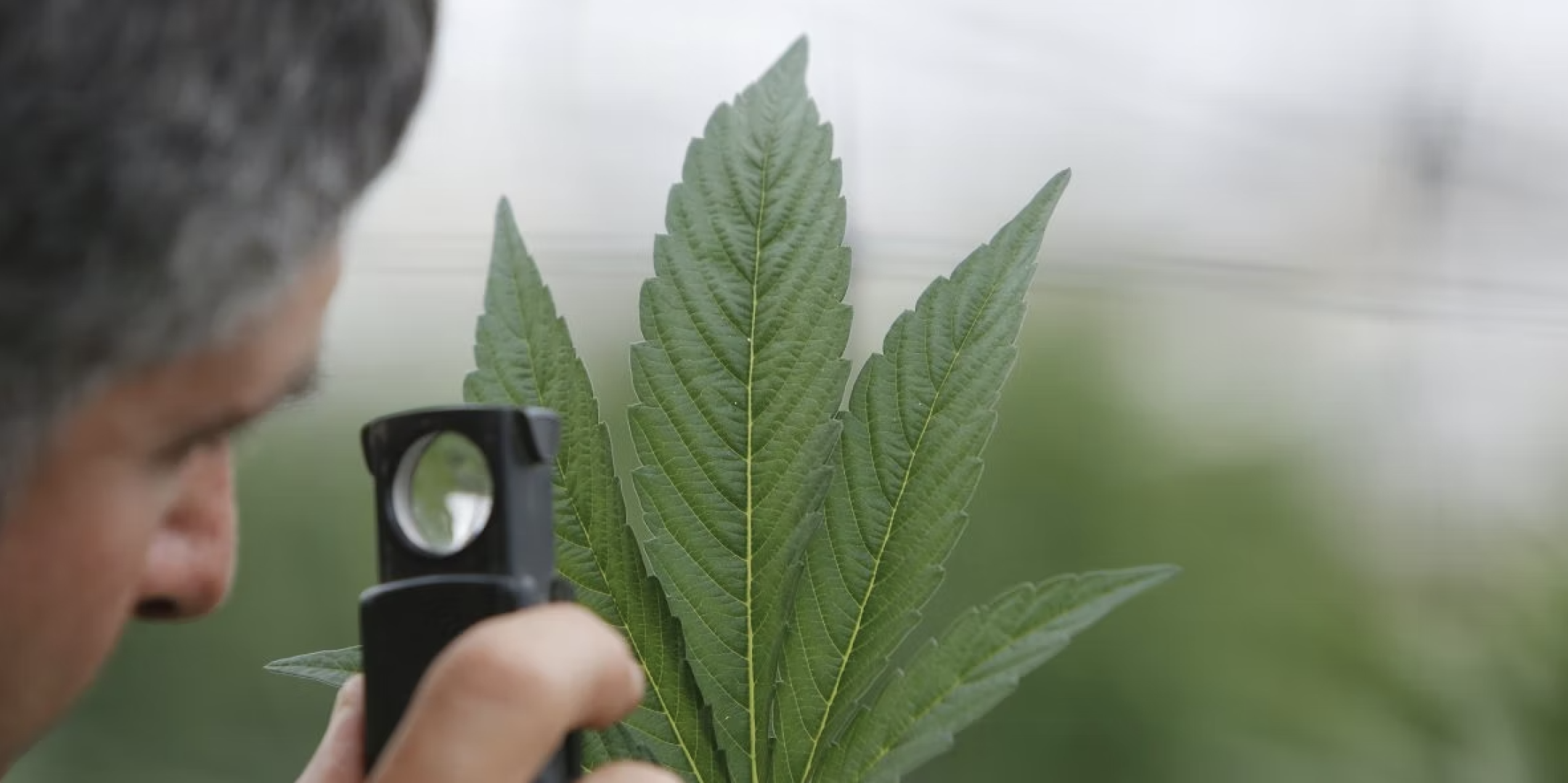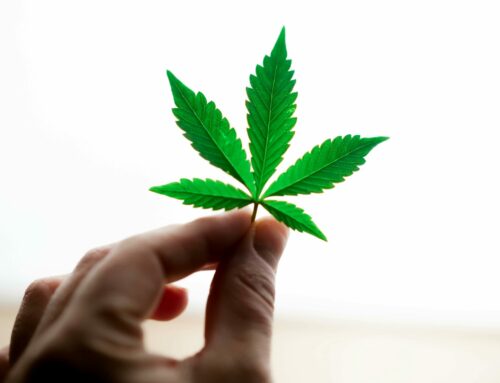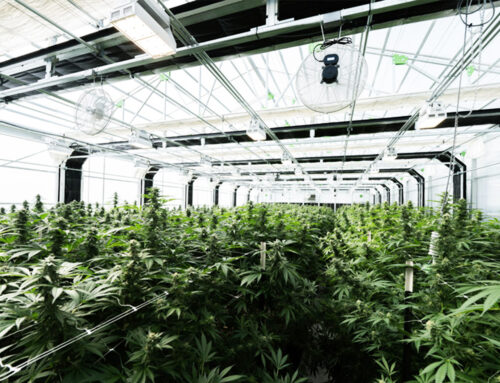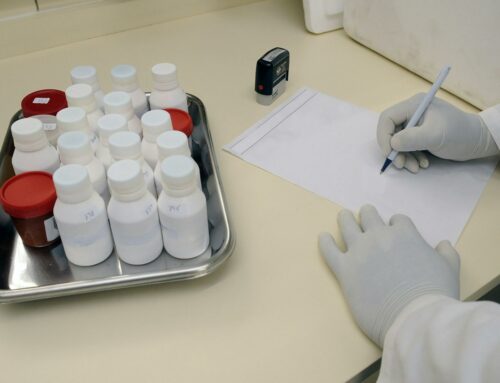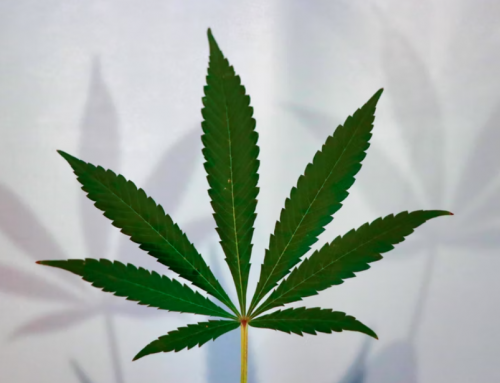Is Cannabis Really A Gateway Drug?
LOS ANGELES- According to a recent study by researchers from the University of Minnesota, CU Boulder, and the CU Anschutz Medical Campus, legalizing recreational cannabis at the state level does not increase substance use disorders or use of other illicit drugs among adults. That is, cannabis is not a ”gateway drug” leading on to other drug use.
”We really didn’t find any support for a lot of the harms people worry about with legalization,” said lead author Stephanie Zellers, who began the research as a graduate student at CU Boulder’s Institute for Behavioral Genetics (IBG). “From a public health perspective, these results are reassuring.”
For the study, published Jan. 5, in the journal Psychological Medicine, researchers at the University of Minnesota, CU Boulder and the CU Anschutz Medical Campus tapped data from two of the nation’s largest and longest-running twin studies: one housed at IBG and the other at the Minnesota Center for Twin Family Research.
Researchers have followed participants, now aged 24 to 49, since adolescence, collecting data on use of alcohol, tobacco, cannabis (aka “marijuana”), and several illicit drugs, as well as measures of “psychosocial health.”
In 2014, Colorado became one of the first two states in the U.S. to commence legal sales of recreational marijuana. In Minnesota, recreational use of cannabis remains illegal.
The study involved 4,000 twins from Colorado and Minnesota, and researchers found no link between cannabis legalization and increases in cognitive, psychological, social, relationship or financial problems.
The study, published in the journal Psychological Medicine, utilized data from two of the nation’s largest and longest-running twin studies, one housed at CU Boulder’s Institute for Behavioral Genetics and the other at the Minnesota Center for Twin Family Research.
The researchers compared twins who lived in states where recreational cannabis use was legal to those who lived in states where it remained illegal, and the study provided strong evidence that legalization was having an impact. The study did not examine the effects of cannabis use on adolescents or the types and dosages of cannabis being used.
The study corroborate a deluge of recent research including from the NIH which also disproved any links between cannabis and harder drug use.










